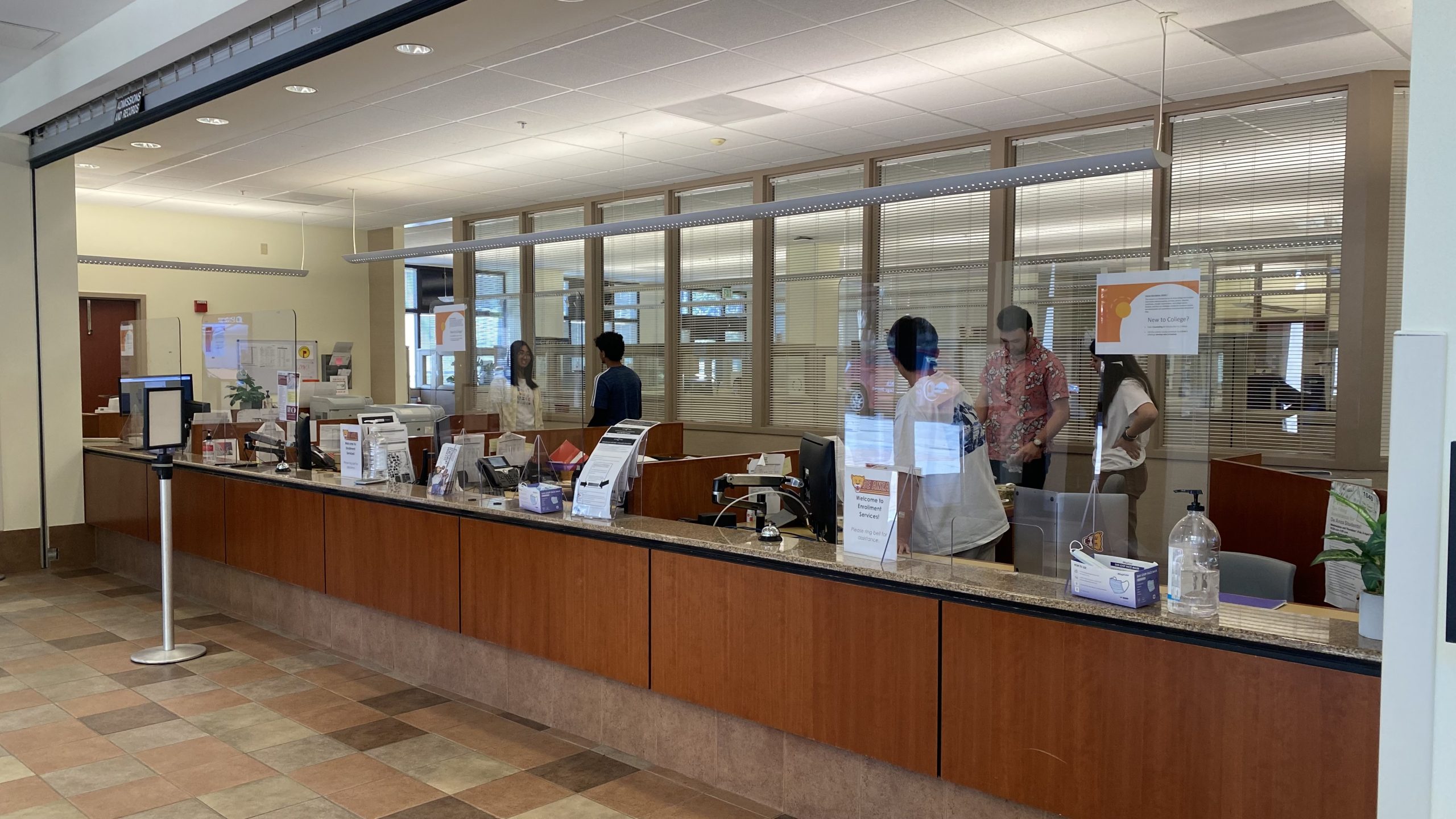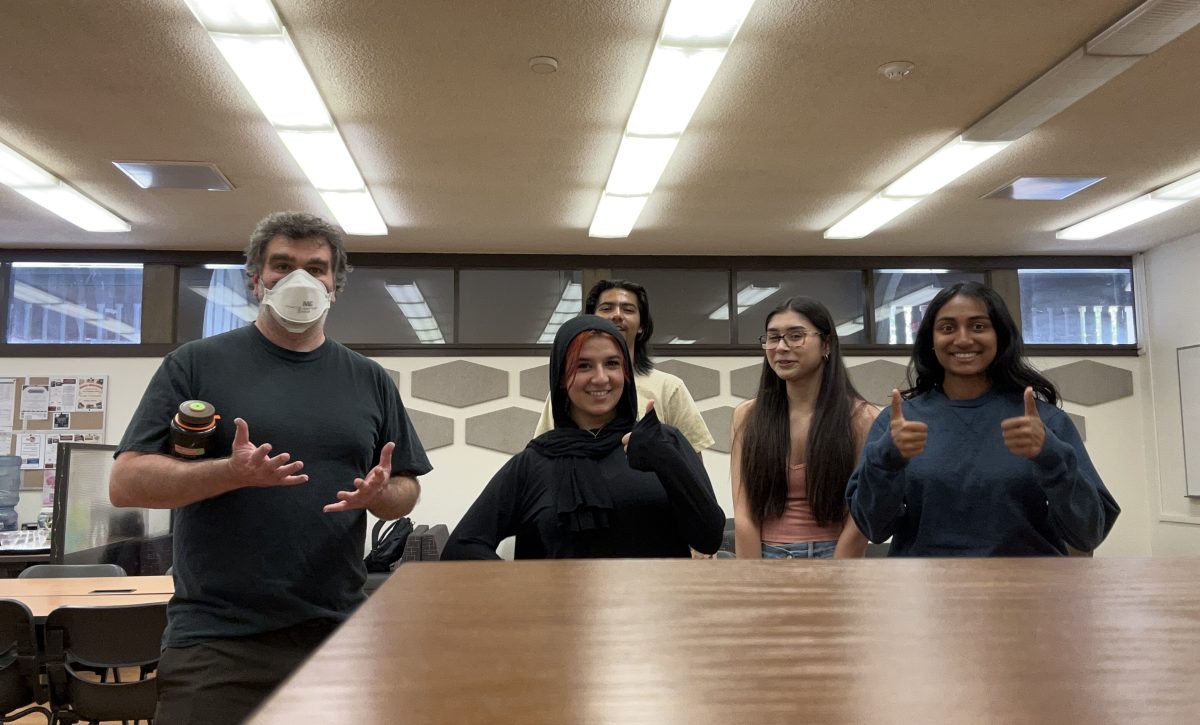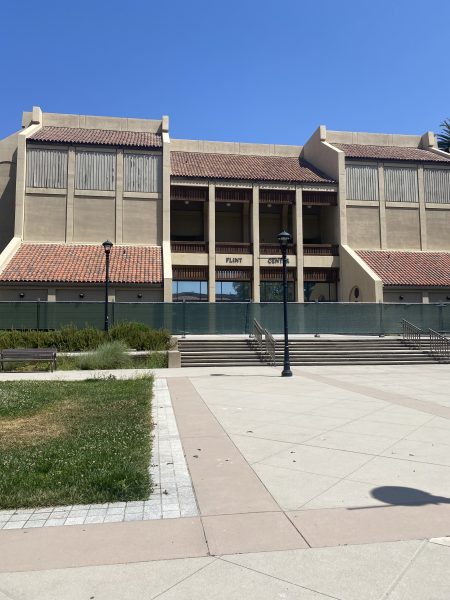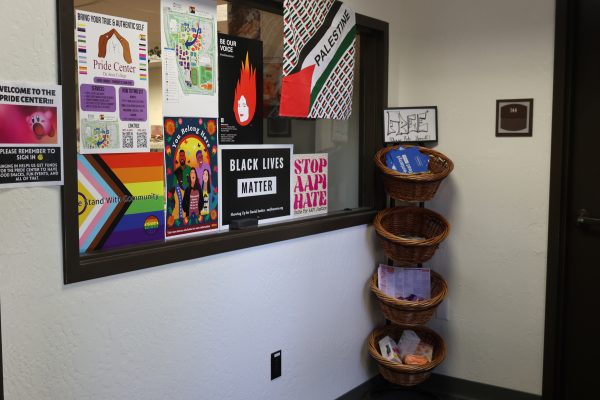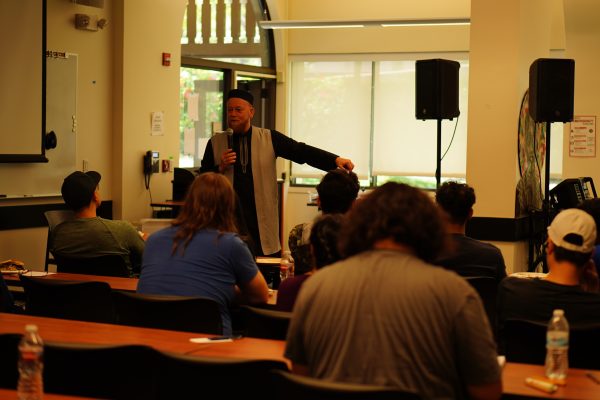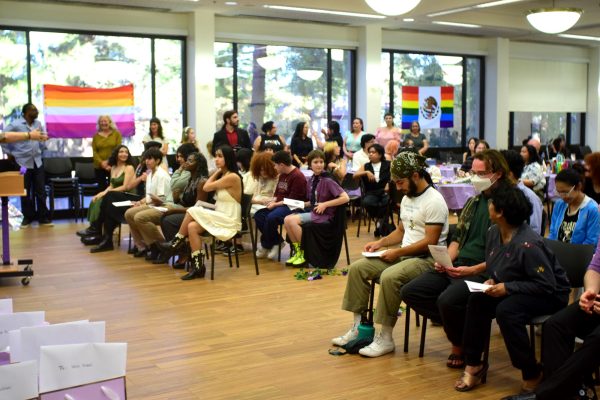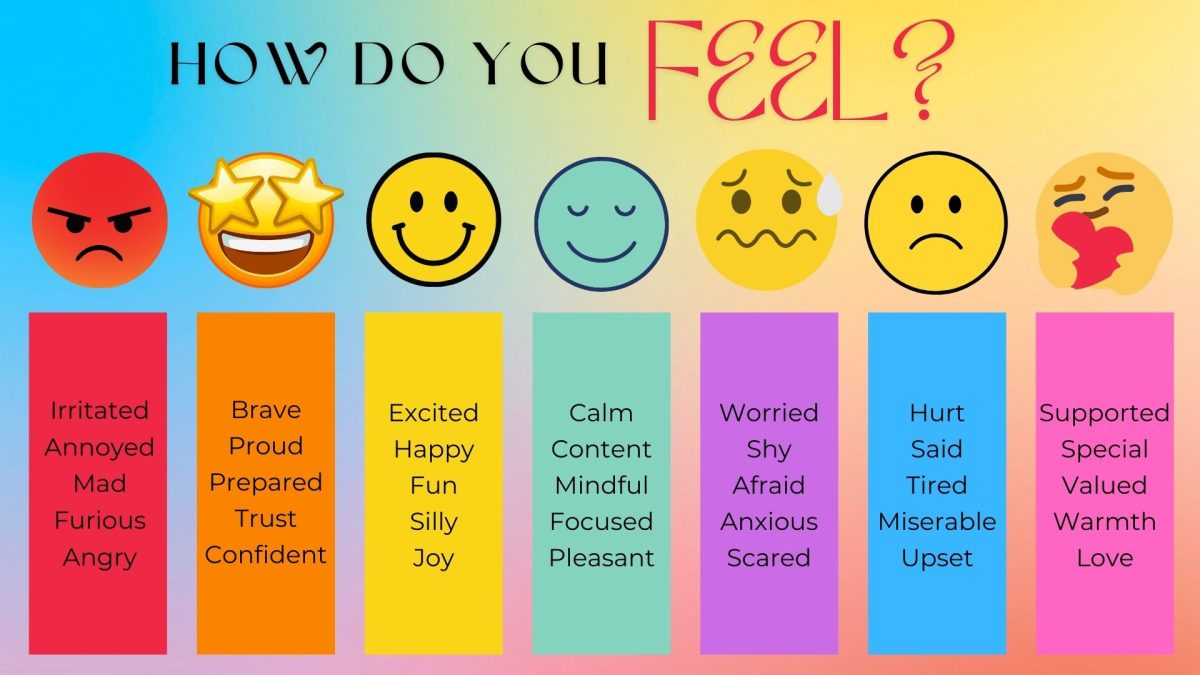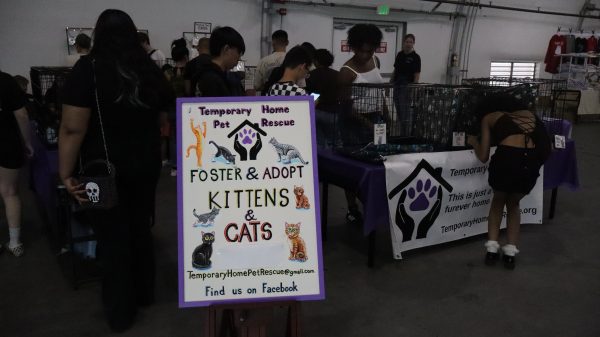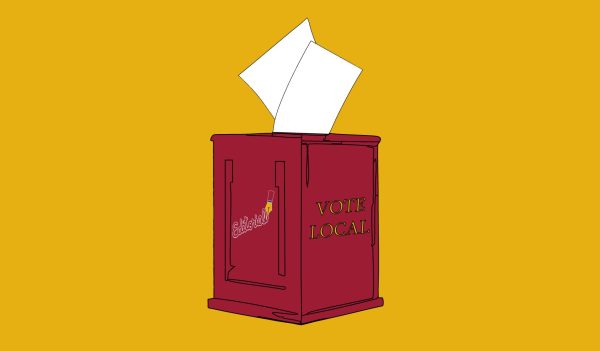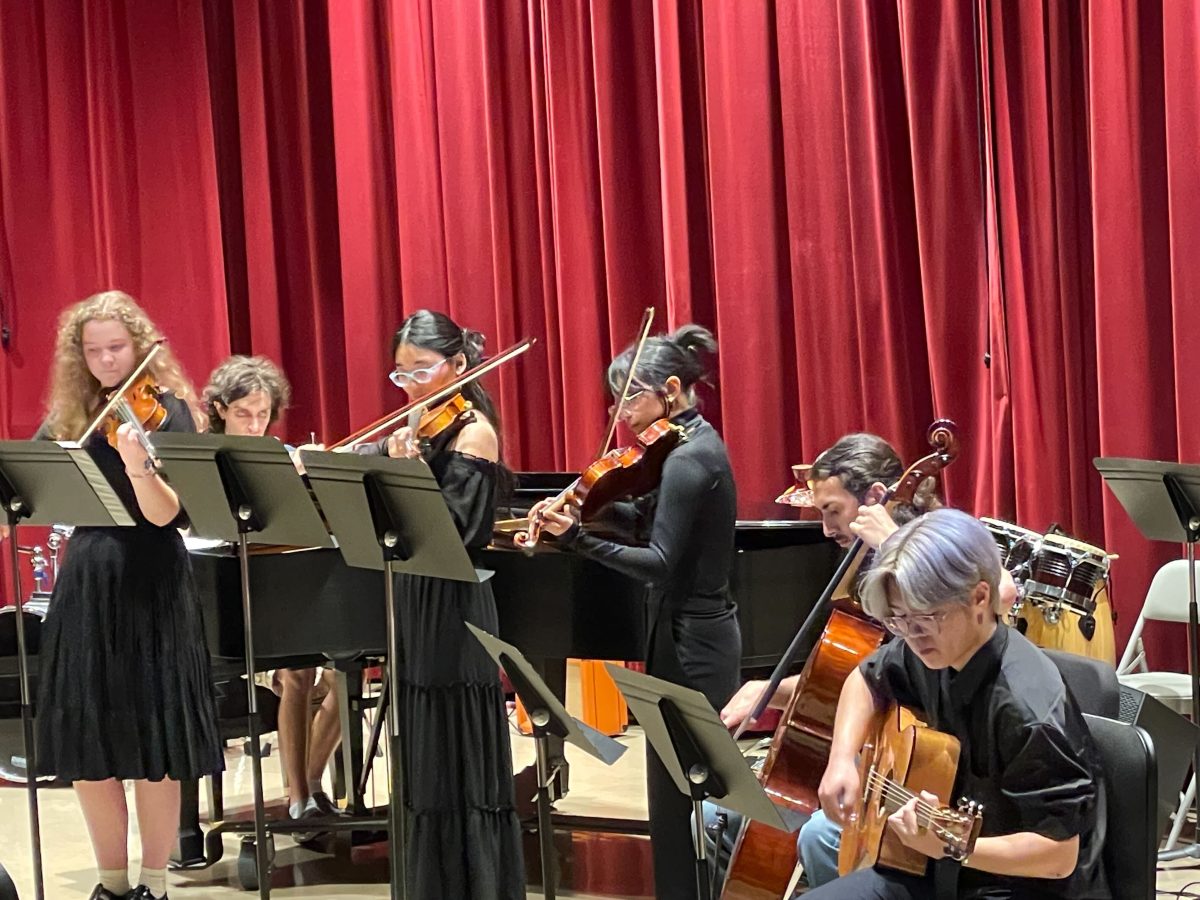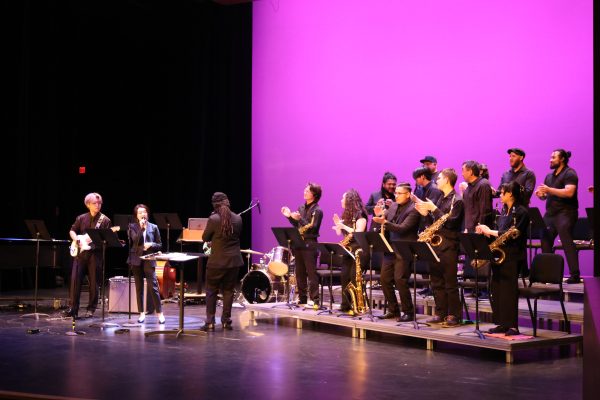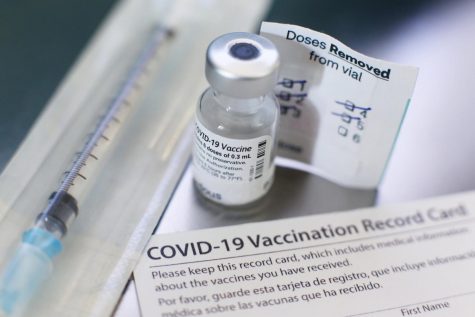Pro – Immunizations necessary for student safety
May 16, 2019
De Anza currently allows U.S. students to enroll without having completed vaccinations. However, with recent outbreaks of measles rapidly spreading across the country, the college should consider revising this policy and require all students to provide up-to-date immunization records.
According to the Center of Disease Control and Prevention, more than 800 individuals in 23 states, including California, have contracted measles since January. This is the largest spike in the spread of measles since the disease was declared eliminated in 2000.
Also according to the CDC, if one person has measles, up to 90% of the people close to that person who are not immune will also become infected.
Measles can stay in the air for up to two hours after a sick person coughs or sneezes and can stay on surfaces for many hours, according to the CDC. College campuses are especially susceptible for the disease to spread because of the high volume of people going into and out of buildings.
Many colleges in California, including the UCs and CSUs have adopted new policies requiring immunization for enrollment.
Two groups of students at De Anza may find it difficult to comply with such a rule: Those who have previously used California’s now-overturned personal exemption laws to avoid vaccination and now are behind, and those who do not have easy access to health care.
Although students who are behind on immunizations may take some time to catch up on their shots, it is necessary to achieve herd immunity and prevent diseases from spreading.
For students with limited access to health care and vaccines, following this policy is even more critical. Uninsured and underprivileged students are often at an even greater risk if vaccines are optional. If these students are infected, the costs of treatment may far exceed the costs of preventative measures such as immunizations.
Besides, these rules typically have a one year grace period, allowing for students to access vaccines, often with the help of campus health staff.
Although certain health conditions may prevent some people from receiving immunizations, putting one’s personal convictions above other people’s safety cannot be justified.
For the sake of student health and safety, requiring vaccinations for enrollment is a necessity.




